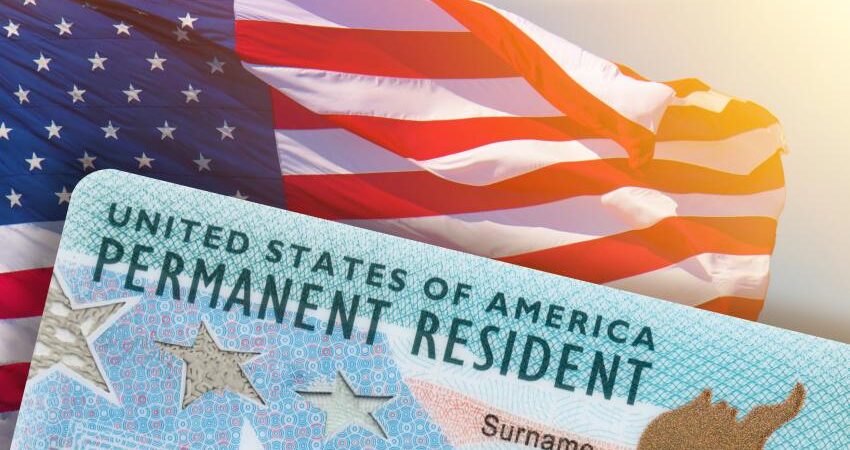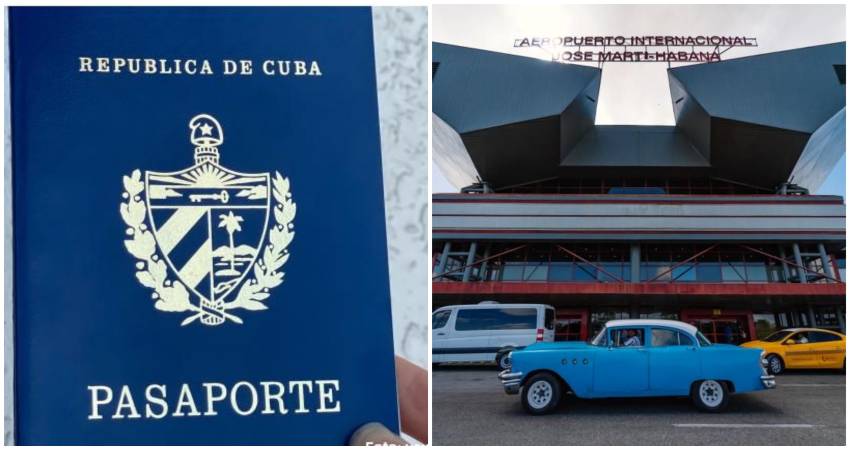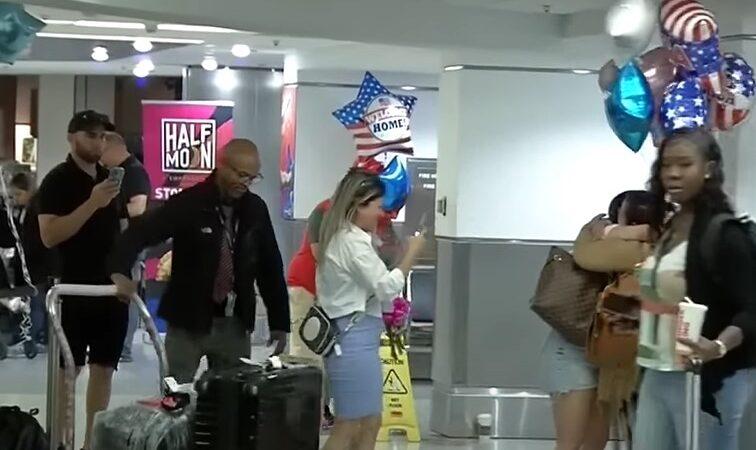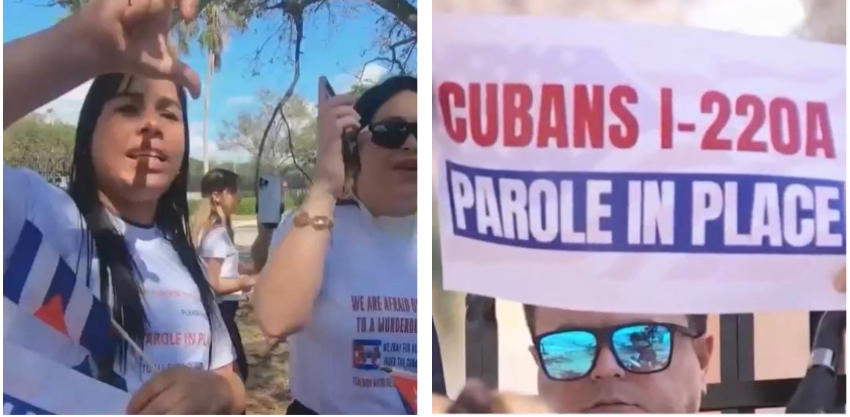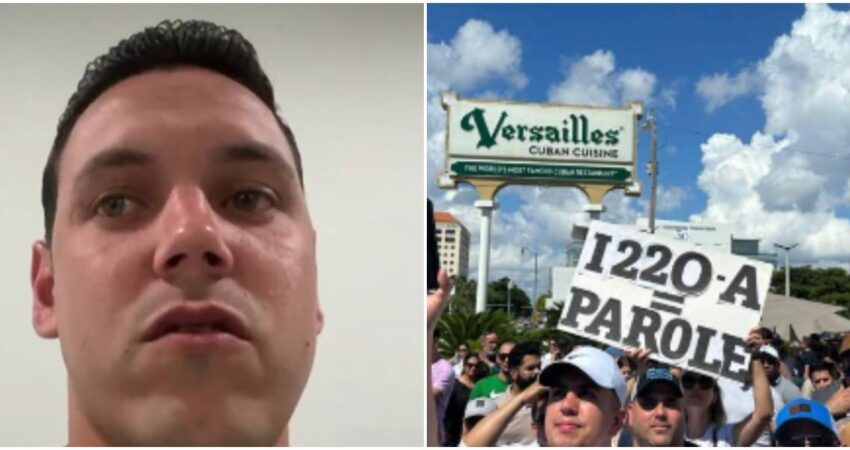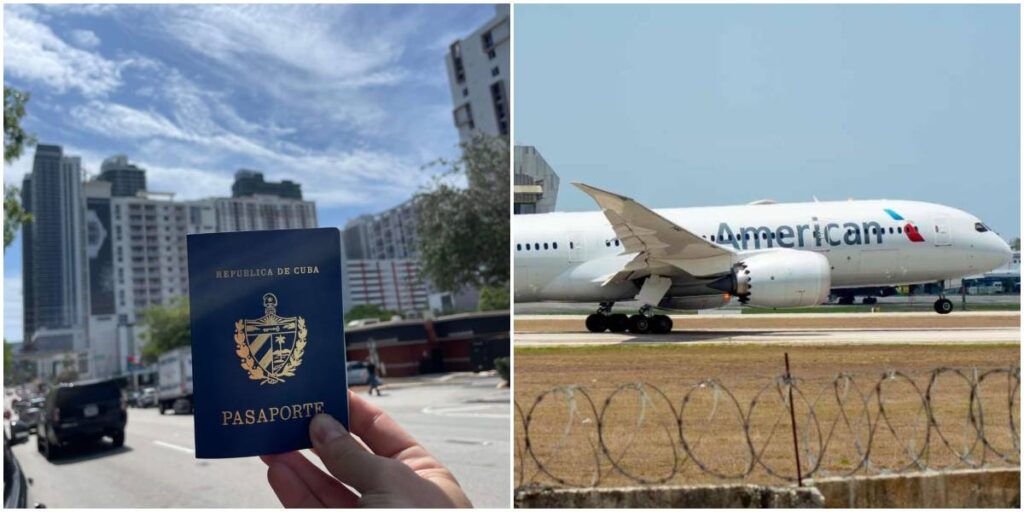
A Cuban citizen who arrived in the U.S. in 2024 through the CBP One program using Form I-94 is concerned that his return to Cuba will negatively impact his residency application in the United States, potentially foreclosing his chances of returning to the country.
The Cuban migrant explained in a post that he was supposed to apply for residency in the United States in August of this year. However, on April 12, without informing the authorities of his departure for Cuba, he boarded a flight and left the United States for his homeland. "I just took a plane and returned to Cuba," he stated.
In the statement, he expressed concern about what his immigration status would be if, going forward, the immigration provisions established by President Donald Trump are repealed.
Journalist Mario J. Pentón responded forcefully to the publication, stating that the Cuban migrant had missed the opportunity of a lifetime and would therefore have to face the consequences.
"You can't return to this country because: 1- you violated the terms of the parole you were granted; 2- you returned to the country you were supposedly fleeing, which is why they allowed you into the United States. Good luck in your new life in Cuba. You're going to need it," Pentón emphasized.
This particular case sparked comments on social media from different perspectives. Some defended the migrant and suggested the reasons why he likely returned, including fear and uncertainty. On the other hand, there were those who supported the Trump administration's response to the policies.
Last February, the U.S. government warned that the CBP One app, which allows immigrants to identify themselves on domestic flights, was being suspended and would only be used to travel between detention centers or to self-deport to their countries of origin.
The Transportation Security Administration (TSA) has confirmed that migrants will only be allowed through airport security checkpoints if their travel is for departure from the country.
Homeland Security Secretary Kristi Noem proposed this initiative as a shift from immigration policies established during the Biden administration.
Earlier this month, the Department of Homeland Security (DHS) announced, through direct notifications to migrants, that it was suspending residence permits for those who entered the country through CBP One. These messages urged recipients to leave the country without delay, warning them that failure to comply would result in deportation and the revocation of benefits such as work permits.
Authorities did not provide precise figures on how many people were affected. These actions were in line with the new administration's goals, which seek to increase national security and restrict the use of parole as a means of legal entry.
The rescission of these authorizations represents a drastic transformation compared to the previous administration, which used CBP One as a key resource for coordinating legal appointments at the southern border.
From the moment he took office, Donald Trump decreed the suspension of new appointment scheduling through this app, leaving thousands of individuals stranded in Mexico.
This regulation, along with the suspension of humanitarian parole, is one of the foundations of President Trump's strategy to curb migration to the United States, which affects the Cuban community among others.

